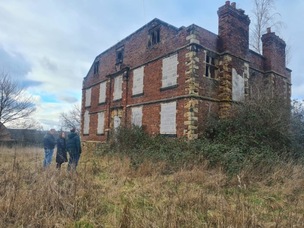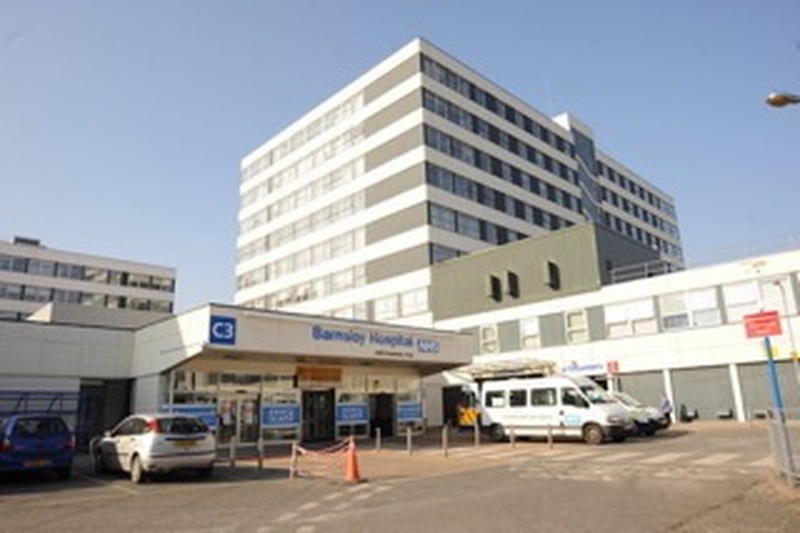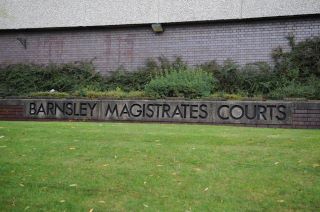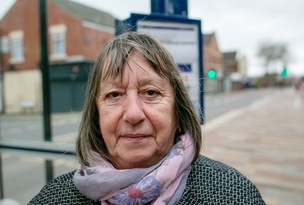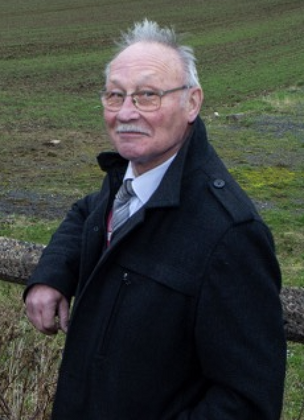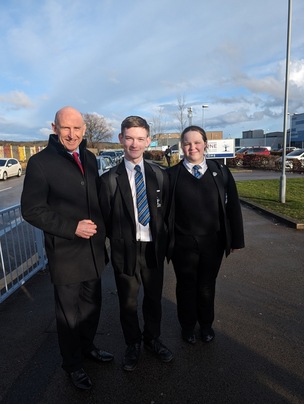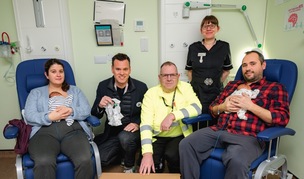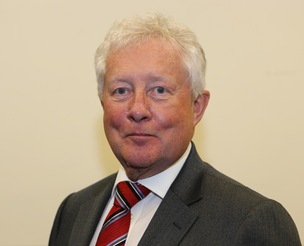COMPENSATION totalling ‘seven figures’ has been paid to a woman after Barnsley Hospital medics failed to diagnose a rare condition which left her paralysed.
The woman, who has not been named, suffered with acute intermittent porphyria and was first seen in hospital on September 17, 2014, having suffered from ‘repeated and chronic’ vomiting - as often as seven times a day - over a period of days.
She was initially told she was likely suffering from a virus before doctors then concluded that her illness was alcohol-related.
Over the following four-week period she was seen on numerous occasions in emergency departments suffering from worsening symptoms having endured numerous seizures, blurred vision and abdominal pain.
She began losing the power in her legs and feeling weak in her shoulders and hips, becoming increasingly unsteady on her feet, suffering falls.
As part of a legal case against the hospital - led by Elizabeth Maliakal of Hudgell Solicitors - it was alleged the working diagnosis of an alcohol-related illness should have been reconsidered after symptoms had persisted for a couple of weeks, and full neurological and nerve examinations carried out.
It was alleged that, as the patient had not drunk any alcohol for a number of weeks by that time and had not typically drunk alcohol in amounts indicative of dependence or withdrawal, an alternative diagnosis should have been considered.
Prior to her illness, the woman had been fit and well, working full-time as a carer and had enjoyed an active social life with family and friends, as well as looking after and riding her own horses.
Now 51, she suffers from paralysis in her arms and legs and is no longer able to drive or work.
She can no longer care for herself and her husband had to give up his full-time job to look after her.
“This was a very unusual case given the rarity of the condition and although it was something most medical professionals will never come across in their entire medical careers, it was our case that more could and should have been done to reach the correct diagnosis sooner,” Mrs Maliakal said.
“Doctors initially diagnosed my client’s health issues as being alcohol-related and continued to work to this diagnosis at a point where she had not had an alcoholic drink for four weeks.
“Added to this, she had never typically drunk alcohol in amounts indicative of dependence or withdrawal.
“It was our case that the trust failed in several ways to meet its duty of care.
“We alleged that doctors failed to take a full alcohol history, then made the wrong diagnosis and failed to have open mind as to an alternative possible diagnosis.
“We also alleged they failed to heed worsening symptoms of motor functioning deficiency, muscle wasting, multiple fits and the loss of power in her limbs.
“This should have been diagnosed sooner, even though it is extremely rare.”
As part of the case, it was also alleged that had alternative causes been fully considered, the diagnosis of porphyria should have been made around two weeks earlier than it was, and that had treatment started then, the patient would have made a full recovery and would not have been left paralysed.
The hospital denied all allegations throughout but agreed to provide an interim payment of £50,000 in March 2023 which allowed the woman to make adaptations to her kitchen.
It then settled the case, after court proceedings had been issued against it, offering the seven-figure settlement at a meeting of legal teams last month.
The woman’s claim for compensation included a claim for loss of earnings, to cover the costs of care, services, mobility aids and appliances, medication and further required adaptations to her property.
She says the impact on her life has been huge and that she can get ‘upset and tearful’.
“I am a very strong, stoic and resilient person, but occasionally I do break down and cry, and I can get emotional when I think about how my life has changed due to this,” she said.
“I am no longer able to work, I have lost my mobility and I can no longer take care of myself, my house, or my family.
“The impact on me cannot be overstated.”
“The impact on me cannot be overstated.”
A Barnsley Hospital spokesperson said: “This was a very complicated case and the trust has reached a mutually agreeable compromise with the claimant.
“We wish the claimant and her family well for the future.”



